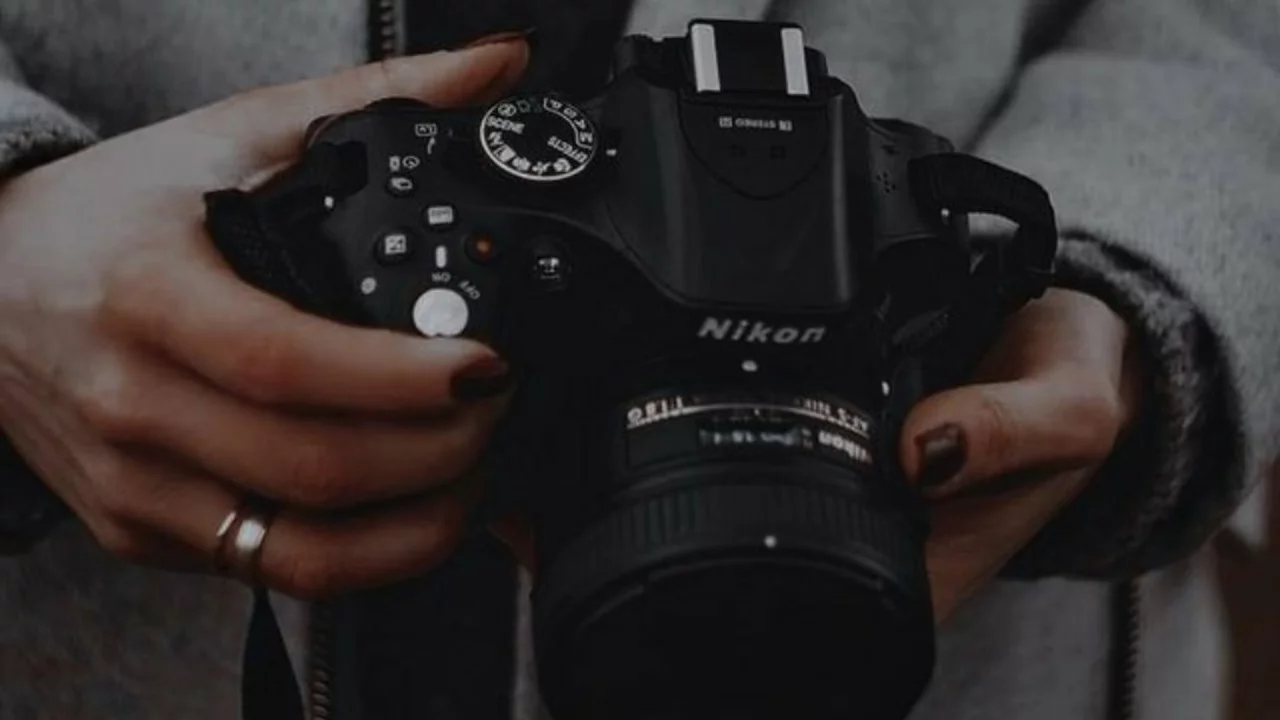23 Jul 2023
- 0 Comments
Understanding the Basics: The Color of Digital Cameras
When it comes to the color of digital cameras, one thing is quite noticeable. Most are black. I've always wondered about this and decided to dig a little deeper to find out why. Turns out, it's not just a random choice. There are quite a few reasons behind this design decision, and they're all quite practical and interesting. So, let's dive in and explore the reasons why digital cameras are usually black.
The Historical Influence on Camera Color
The color tradition of cameras goes way back to the film camera era. Back then, most cameras were made black as it was an efficient choice for the manufacturing process. The materials used for the camera body were typically black, and maintaining this color meant there was no need for additional coloring or painting processes. This not only saved time but also reduced production costs.
Heat Absorption and Dissipation
Believe it or not, the color black plays a significant role in the heat management of digital cameras. Black objects, including cameras, absorb more heat but also dissipate it quicker than lighter-colored objects. This is crucial for digital cameras as they generate heat, especially when used continuously. The black color helps to manage and regulate this heat, keeping the camera components safe.
Color Durability Over Time
Another reason why digital cameras are often black is durability. Black color tends to hide scratches, scuffs, and other signs of wear and tear better than lighter colors. For a device like a camera, which often gets handled intensively and carried around in various conditions, this is a major advantage.
Professional Appearance
Black is also a color that signifies professionalism and seriousness. Many professionals prefer black cameras for this reason, as it gives off a more professional vibe. This has influenced manufacturers to continue to produce black cameras to meet this demand.
Reducing Internal Reflections
Another technical reason for the black color of digital cameras is the reduction of internal reflections. A black interior helps to prevent unwanted reflections within the camera body which could affect the image quality. This logic extends to the exterior of the camera as well, helping to minimize potential reflections from the camera body itself.
The Psychological Impact of Color
There is a psychological aspect to the color choice as well. Black is often associated with power, elegance, and sophistication. A black digital camera can give the user a sense of confidence and competence. This psychological impact, while subtle, can influence a buyer's decision.
Matching With Other Devices
Another reason why digital cameras are usually black is that they tend to match better with other devices. Most electronic devices like laptops, televisions, smartphones, and printers are also black. A black camera will fit in perfectly with this ecosystem.
Final Thoughts: Why Not Other Colors?
While black is the most common color for digital cameras, it's not the only one. There are cameras available in different colors, like silver, white, or even bright colors like red or blue. However, these are often considered less professional or serious. They may appeal to certain users, but the majority still prefer the classic, professional, and practical black.
In the end, the color of a digital camera is a combination of practical, aesthetic, and psychological factors. Black is a color that checks all these boxes, making it the preferred choice for most digital camera manufacturers and users alike.
